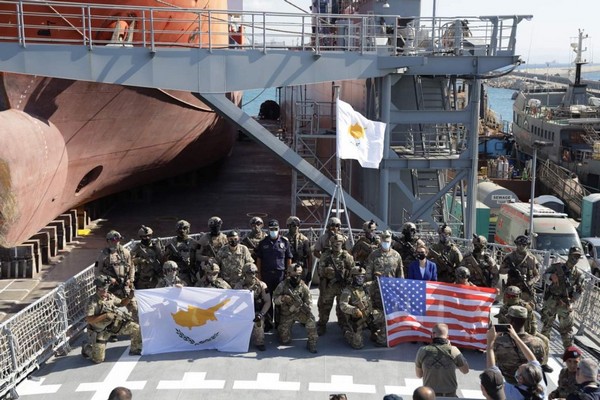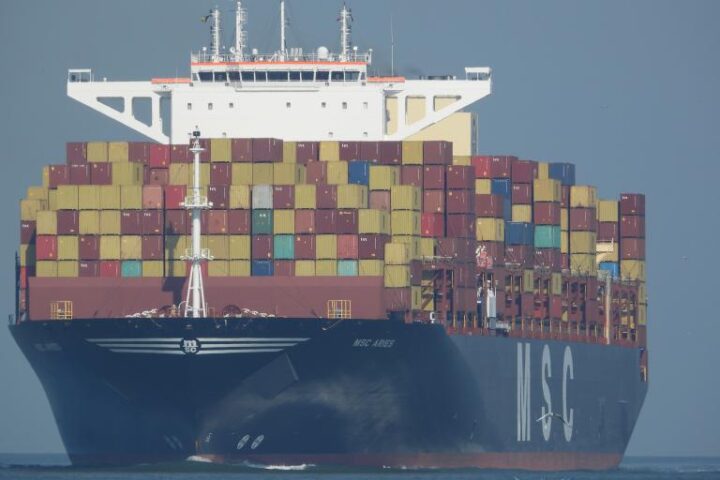Throughout the years, Cyprus has unsuccessfully tried to carve a place for itself in the eastern Mediterranean geopolitical sphere. At first, by joining alliances that have since diminished, then undecided if it wants to or could be included in new, more powerful groups.
Whatever the fora, Cyprus has been too small to be considered seriously by allies, friends and neighbours. Until now, when several factors could help change that theory.
The tensions in the Middle East and the crises that frequently flare up indicate a need to beef up security, on land, in the air and in the sea. Joint exercises are good and most encouraged to gain operational and planning experience, but will never allow Cyprus to take charge of its own borders and the protect its interests, be they natural resources or commercial interests, such as the maritime sector.
Apart from a handful of patrol boats and the occasional rescue helicopter, Cyprus does not have any other means to defend its own rights.
Migrant traffickers, with the help of neighbouring nations and with the tolerance of western and European allies, keep diverting refugees to our shores, with no way to prevent them or sending them back.
At the same time, Cyprus flag and Cyprus-managed vessels risk passing through areas of common conflicts, as was the case of pirates in the Gulf of Guinea, off Nigeria, then the cost of Somalia and now the Red Sea, where Houthi rebels, armed and sponsored by terror nations, cause havoc to the merchant marine routes.
A navy is usually a good training ground for future seafarers and officers, enhancing the maritime academies that have found fertile ground on the island.
But as Europe, too, decides to seek some form of military autonomy, in the absence of an effective common force or fearing a break-up of the NATO alliance, it is perhaps time for Cyprus to live up to expectations and share the burden of a joint European navy or military group.
The events of the past two years alone prove that Cyprus cannot remain a bystander with the excuse that it does not have an armed force to be reckoned with. At the same time, Turkey’s military might is such that it cannot be challenged, leaving only the diplomatic avenue to talk some sense and reach a solution, once and for all.
A key catalyst or ‘game changer’ as has often been dubbed is energy and the future potential that give it the necessary importance to neighbours and EU partners. Whether Cyprus goes it alone and utilises its own natural gas resources, a highly unlikely scenario that could take ages to implement, as opposed to pumping this energy resource to Egyptian facilities, a likelier and quicker scenario in the eyes of Eni and Chevron, a naval presence could be regarded as important.
Not that tiny Cyprus will ever declare war on anybody, but at least to give the reassurance to commercial partners that we are ready to protect our sovereign rights and resources.










